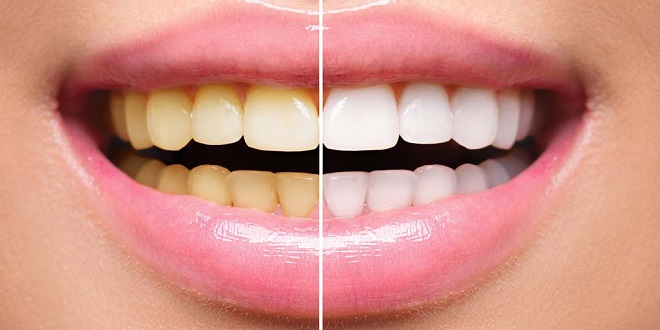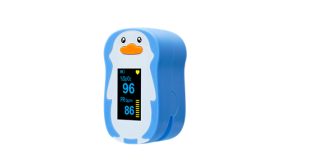Whitening your teeth is one of the best ways to improve your appearance. It’s also relatively easy to do yourself, if you’re careful. However, there are some things that can go wrong with teeth whitening and they can lead to serious problems if not treated right away. In this article, we’ll talk about what causes those problems and how you can avoid them.
Teeth Whitening in-Office
You can also receive in-office whitening. This is a slightly less aggressive treatment that uses a special mouth guard to remove stains from your teeth. The procedure generally takes an hour or two and can be repeated over time as your teeth continue to darken. In-office whitening often costs more than at-home treatments, but it may be a good option if you don’t want to invest in the tools and materials needed for DIY treatments.
In order for in-office whitening to work well, your dentist will need to choose the right type of bleaching solution based on how much stain you have on each tooth (your dentist will look at photos of your teeth taken with a special camera). Most people who go this route get what’s called “high intensity” or “professional grade” gel; these are stronger than other types because they use hydrogen peroxide instead of carbamide peroxide. They’re also available only by prescription from dentists since they contain fluoride as well as other ingredients intended specifically for dental purposes like repairing cracks in enamel caused by staining
Baking Soda and Peroxide
Baking soda and peroxide can also be used to whiten teeth. These substances are not as abrasive as other whitening agents, but they can still cause damage to the enamel if used incorrectly or too often.
Whitening Toothpaste
While toothpastes aren’t as powerful or effective as professional bleaching, they can help remove surface stains. However, if you have sensitive teeth, the abrasive agents found in most whitening toothpastes may cause sensitivity for a few days after use. This is especially true if you’re using a high-strength product that contains peroxide.
If your child has not yet reached the age of 10, it’s recommended that he or she avoid using whitening toothpaste until all of their permanent teeth have come in (usually around age 12).
Mouthwashes
Mouthwashes designed to whiten teeth can be effective, but they shouldn’t be used in place of whitening products. They may also cause tooth sensitivity and are expensive.
Mouthwashes that contain hydrogen peroxide and other bleaching ingredients can help remove stains on the surface of your teeth and make them look whiter. However, prolonged use can cause damage to the enamel (the protective layer) of your teeth. Some mouthwash brands contain abrasive substances such as baking soda or detergent that can also wear down dental enamel and cause sensitive teeth over time. If you want to try these types of mouthwashes, be sure to consult with your family dentist in Markham first so they can recommend an appropriate product for you—one that is safe yet effective at removing surface stains while not compromising the health of your pearly whites!
The best way to avoid getting your teeth damaged is to talk to your dentist before trying any DIY teeth whitening.
The best way to avoid getting your teeth damaged is to talk to your dentist before trying any DIY teeth whitening.
Many over-the-counter products can cause damage if they are used incorrectly. For example, you may have heard that baking soda is a great whitener. However, it’s likely not going to work if you’re not using it correctly! In addition, using baking soda for too long can actually wear down your enamel and cause tooth sensitivity or even pain. Your dentist will be able to tell you if there are any other ways that would work better for you (and potentially save some money in the process).
Conclusion
After reading this article, you should have a better understanding of how teeth whitening works and some of the risks associated with it. We hope that you will take our advice and talk to your dentist before trying any teeth whitening DIYs at home! If you do decide to go ahead, be sure to follow all safety precautions carefully.
 Naa Songs
Naa Songs





